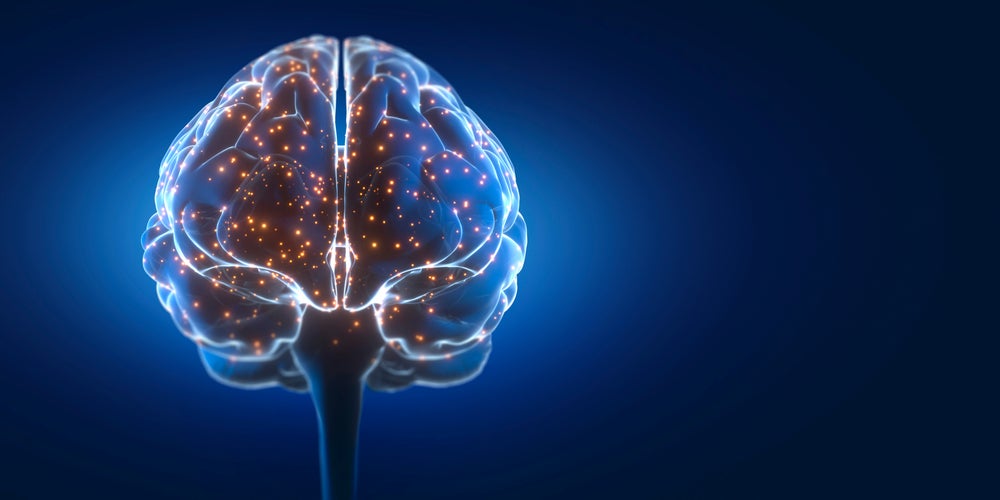Magnus Medical has reported positive results from a study investigating the durability of its neuromodulation system’s anti-depressant effect in patients with treatment-resistant depression, demonstrating year-long sustained clinical benefits.
The data, presented at the 2024 NYC Neuromodulation Conference held from 1 to 3 August, is the “first longer-term data” from the transcranial magnetic stimulation device, SAINT.
Magnus’ SAINT therapy, which is US Food and Drug Administration (FDA) cleared, works by pinpointing areas in the brain that would benefit most from stimulation. Utilising MRI for personalised treatment, the system emits a pattern of repetitive magnetic pulses that modify brain networks involved in mood.
The therapy, which involves ten sessions per day over five days, has previously demonstrated it can improve brain activity flow in patients with treatment-resistant major depression.
The recent study investigated SAINT’s use as a continued form of personalised continuation therapy in treatment-resistant major depression patients who had previously responded to an acute course of the technology.
Magnus stated the new data shows a safe, well-tolerated, and highly effective approach that maintains remission from depression for 12 months.
Magnus CSO and co-founder Brandon Bentzley said: [These findings] further validate the transformative potential of the SAINT therapy in providing durable relief for people with debilitating intractable depression and offering a pathway for personalised continuation treatment to maintain remission.”
The US-based company launched the SAINT system in May this year and revealed that the Centers for Medicare & Medicaid Services (CMS) approved a new technology add-on payment (NTAP) for the neuromodulation system. It marked the first NTAP approval for interventional psychiatry, allowing for additional reimbursement of up to $12,675 per hospital inpatient treatment.
Bentzley said: “Building on the strength of this compelling research, we are rapidly expanding access to the SAINT neuromodulation system, delivering it to hospitals and private clinics across the country.”
The global neuromodulation device market, which includes brain stimulation devices, is expected to grow to $11.4bn by 2033, according to analysis by GlobalData. Medtronic holds the biggest share in the global market.
Transcranial magnetic stimulation technology dominates the depression treatment arena such as those from Neuronetics and BrainsWay. Neuronetics received FDA clearance for its NeuroStar device as an add-on therapy to antidepressant therapy in adolescent patients with major depressive disorder in March 2024.
BrainsWay meanwhile has several FDA clearances for its system in major depressive disorder and anxious depression. Earlier this year, the company launched two feasibility studies to investigate a new type of transcranial magnetic stimulation technology.









